Why does TriLinc¹ track against the SDGs?
TriLinc’s mission – to demonstrate the role that the capital markets can play in helping solve some of the world’s pressing economic, social and environmental challenges – is philosophically aligned with the UN Sustainable Development Goals (“SDGs”). Through the development of different types of impact investment vehicles, TriLinc’s objective is to exponentially increase participation in impact investing.
Achieving scale by engaging institutional, high net worth, and retail investors in fostering capitalism for good.
TriLinc seeks to make its impact objectives easier to conceptualize by educating investors on the connection between supporting SMEs and driving positive economic, social, and environmental change. Aligning its investment activities and impact reporting to select SDGs wherever feasible allows TriLinc to better communicate its impact strategy to investors and other stakeholders and, conversely, to better understand how its impact strategy contributes to broader sustainable development efforts.
How does TriLinc implement an SDG-aligned strategy?
TriLinc uses the Impact Reporting and Investment Standards (“IRIS”) for its impact data collection, measurement, and reporting, collecting baseline data from borrower companies at the time of funding and requiring annual updates for as long as a borrower is in its portfolio. To assess its alignment with the SDGs, TriLinc roughly mapped select IRIS metrics, tracked at both the fund-level and borrower company-level, to specific underlying targets and indicators for 14 of the 17 SDG goals.²
Portfolio-Level Alignment
TriLinc’s private debt strategies center on creating positive economic development by providing access to finance to growth-stage small and medium enterprises (“SMEs”) in select developing economies, where access to timely and affordable capital is significantly limited. By creating jobs, providing stable and growing incomes, and often providing training and other employee benefits, borrower companies allow poor and marginalized groups in their local communities to generate income, build assets and sustain livelihoods. Through paying taxes to local government institutions through increased borrower revenues and net profits, these companies contribute significantly to the development of local economies.
TriLinc tracks this activity through five portfolio-level metrics that measure each companies’ progress on: job creation, wage increase, revenues, profitability, and taxes paid to local government institutions. Further, each borrower must attest compliance with the International Finance Corporation’s Exclusion List and with all relevant local environmental, labor, and corporate governance laws, standards, and regulations, and represent that the company will, as appropriate, work over time towards meeting international best practice standards, which ultimately supports the management of responsible, sustainable companies. Consequently, TriLinc’s economic development thesis aligns most directly with the following SDGs:

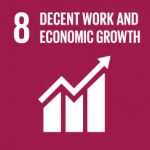

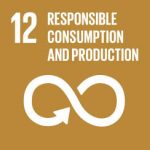

Borrower-Level Alignment
TriLinc requires all investee companies to self-identify impact objectives related to their specific business model and company goals. Given that TriLinc invests in SMEs across a broad range of sectors and geographies, borrowers select and report on an array of impact objectives, including agricultural productivity, capacity building, productivity and competitiveness improvement, and community development, among others. In addition to tracking impact objective-specific metrics, TriLinc reports on the strategies that each borrower employs to reduce its environmental footprint, advance local community development, and foster employee equality and empowerment. Specific investee company activities align with at least one of the following SDGs:



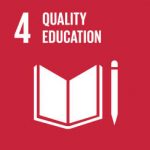
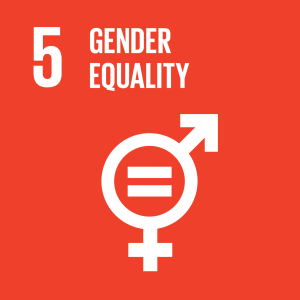


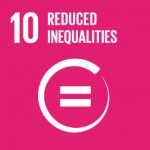
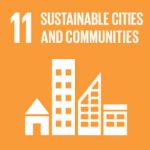




In conclusion, TriLinc believes that the SDG framework serves both as a useful tool for communicating TriLinc’s ESG and impact activities, and for evaluating its efforts toward sustainable socioeconomic development across the globe.
1) TriLinc Global, LLC ( “TLG”) is a private investment sponsor dedicated to creating innovative impact funds intended to offer investors the potential for competitive market-rate returns and positive, measurable impact. TLG is the majority owner of TriLinc Advisors, LLC, the sole owner of TriLinc Global Advisors (“TLA,” “TLGA,” and together “TriLinc”). TLA and TLGA are SEC-registered investment advisers.
2) All data as of June 30, 2017


